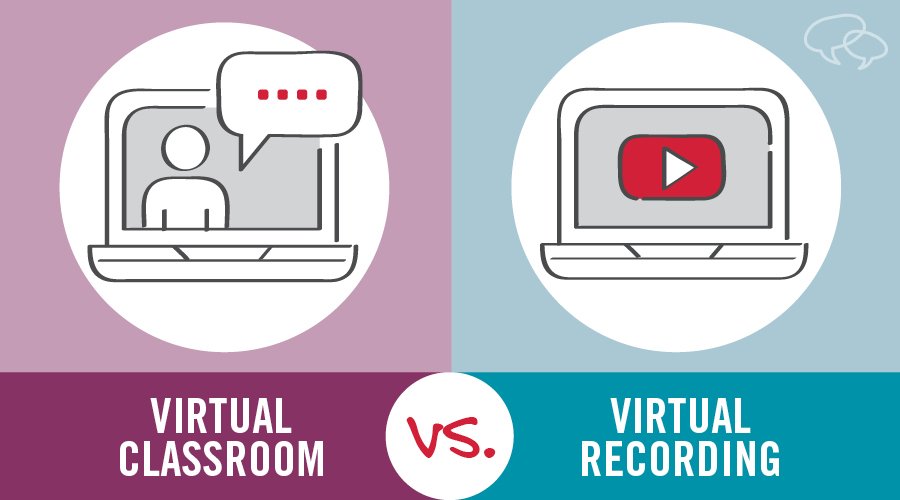
If you accept that the traditional in-person classroom is the gold standard of sales skills training, then it follows that virtual sales training will only ever be a pale imitation of that. Under this assumption, will virtual sales training be more efficient than scheduled events? Sure. More flexible and scalable? Yep. But as good or better at creating behavior change? Not a chance.
Or could it be?
If “virtual training” means a bunch of self-paced online modules that a salesperson can “quiz to complete,” then surely it’s hard to imagine it ever becoming anything more than a lesser spin on greater formats. But most sales leaders don’t believe that a rep can demonstrate anything close to proficiency in process, presentations and selling skills by simply completing a quiz in an online module.
That’s why some companies, eager to capitalize on the efficiency of virtual training, are turning to online classroom experiences—think telepresence, LMS online classrooms or web conferencing—as a replacement for the traditional in-person event. The thinking here is that doing so provides an opportunity to move to a virtual setting without having to completely sacrifice the practice and performance requirements that demand more than, say, watching a bunch of online modules.
But is replicating the in-person classroom in a virtual setting truly the answer, or is there a better way?
Truth is, there are crucial limitations that already afflict the live, in-person classroom, which is why so many companies are looking to go virtual in the first place. But these limitations only get worse when you move those live events online. Make no mistake: virtual training can be better than a live online event. But only if it’s allowed to break free from the event-based restrictions that are holding it back from becoming a more effective training experience.
This infographic weighs the pros and cons of two different approaches to virtual training—the live classroom and a virtual recorded experience that reimagines what virtual skills training can be. The time is now to rethink the possibilities of virtual skills training. Because virtual learning is only a pale imitation of the in-person classroom if you allow it to be.
https://corporatevisions.com/content-library/infographic-taking-virtual-training-beyond-elearning/
Want More Research-Driven Strategies for Virtual Selling?
- Your Virtual Edge
- Webinar: “Virtual” Sales Call Secrets and Techniques that Close
- Research: Differentiating Your “Virtual” Sales Meetings
- Remote Sales 101: Ten Easy Tips to Improve Your Online Meetings
- Four Tested and Proven Sales Training Techniques You Need to Know
- Webinar: Virtual Just Became Vital: The Keys to a Great Remote Sales Presentation





